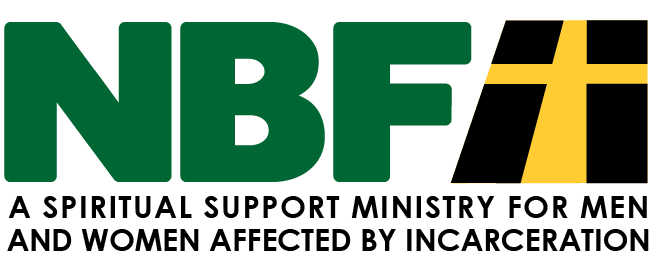 While children’s safety from sexual predators in church is always on the forefront of my mind, having a grandchild has made this issue very personal for me once again. So, I thought I would remind us all of some very important questions. This is a revised version of an article I wrote about two years ago.
While children’s safety from sexual predators in church is always on the forefront of my mind, having a grandchild has made this issue very personal for me once again. So, I thought I would remind us all of some very important questions. This is a revised version of an article I wrote about two years ago.
There is a good chance you attend church with a sexual predator who is targeting the children who attend church with you. That does not mean you should be suspicious of every man or woman who walks through the door on Sunday morning, but it does mean you should question the safety protocol your church has established to protect their youngest congregants.
1. Is There A Policy In Place?
- Is leadership prepared to give you an answer?
- Is there a printed brochure or informational packet?
2. Is There Transparency And Accountability?
- Will leadership tell you of any past offenses that may have occurred under the church’s jurisdiction?
- Are recovering abusers in the congregation made to uphold a standard of conduct in the church and at church events? Are they in an accountability relationship with the church leadership?
- Do you will feel free to bring your concerns to the leadership? Do they invite your holding them accountable?
3. Is There Awareness?
- Does the leadership publicly acknowledge that child sexual abuse is a concern?
- Do former victims know there is someone in leadership they can confide in and trust?
- Does the pastor preach messages that minister to the hurting?
- Are parents educated in how to protect their children at church, at home, in school, and in their community?
- Are parents taught how to recognize signs of abuse? and
- Are parents told how to report an incident to a civic authority, or does the leadership urge the congregation to “keep it in the family”?
4. Are Workers Screened?
- Is everyone working with minors in church, or at church events, required to have a criminal record screening for each state where they have resided?
- Are prospective thoroughly researched online? Is their social media scrutinized?
- Are the references for prospective church staff and volunteers required and contacted?
- is there a waiting period?
- Are allowances made for people of reputation or position? Pastor’s family members? Is no one exempt?
5. Do Workers Follow Proper Protocol?
- First and foremost, is there regular training for staff and volunteers (workers), so that they know and are reminded of the Safety Protocol?
- Are two workers present with unaccompanied minors at all times? (Husband and wife teams don’t count!)
- Are workers prohibited from meeting with minors privately, or driving them anywhere alone?
- Are workers prohibited from privately emailing or texting minors?
- Is physical contact restricted? (Not prohibited, but restricted.)
- Are workers required to dress appropriately and modestly?
6. Are Workers Protecting And Defending?
- Is alter ministry gender-specific, or married couples praying for individuals?
- Are minors escorted to the bathroom, with a worker on guard outside?
- Are minors signed-in and out of class, and only released to approved guardians?
- Are workers trained to detect signs of abuse, and given a protocol to follow? Are workers alert and on guard?
- Are charges of abuse reported to the proper authorities, or are congregants told to keep complaints and accusations “in the family”?
7. Is The Whole Church Working Together?
- Is every worker is screened, not only those working with minors?
- Is every leader fluent in the reporting protocol?
- Do ushers make the rounds during Sunday School?
- Does the pastor family and follow smart practices, too? No exemptions.
- Are church computers password protected, with porn-filtering safeguards in place?
MAKE A DIFFERENCE
Your church may not be abiding by safe practices. There may be no written safety protocol. That doesn’t mean you should leave your church. Instead, work with your pastor to make sure policies are put into place. Maybe, you can help organize a committee. Maybe, you can gather resources, or do online research. There is so much information available. Go to your church leaders. That’s the place to start. You will likely discover that one of the biggest hindrances to children’s safety in your church is a lack of workers. In that case, I hope you will consider becoming a volunteer yourself. Your efforts could save a child from a soul-crushing hurt, and protect his or her future from years of pain.
Remember: the place to start is by asking the first question. Anyone can do it, and every church member should.
Written by Caroline Gregan
Used by Permission from TheSaxophonePlayersWife.com










